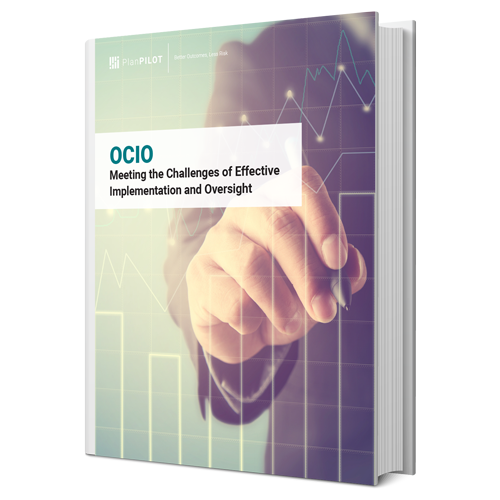Asking the Right Questions to Ensure Intentional Fiduciary Roles
Plan sponsors need to carefully identify who its plan fiduciaries are and make sure those fiduciaries are aware of their role, properly trained and effectively monitored in the exercise of their increasingly complex role. The following guide will help you determine whether you have effectively determined and implemented your retirement plan oversight roles in ways that can improve the management of your fiduciary risk exposures.





